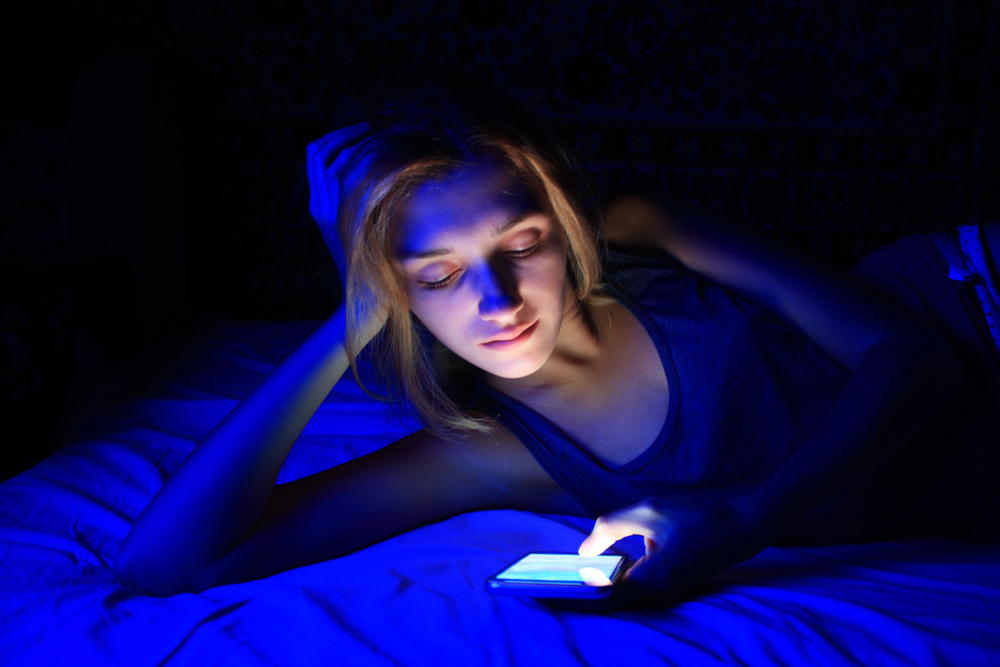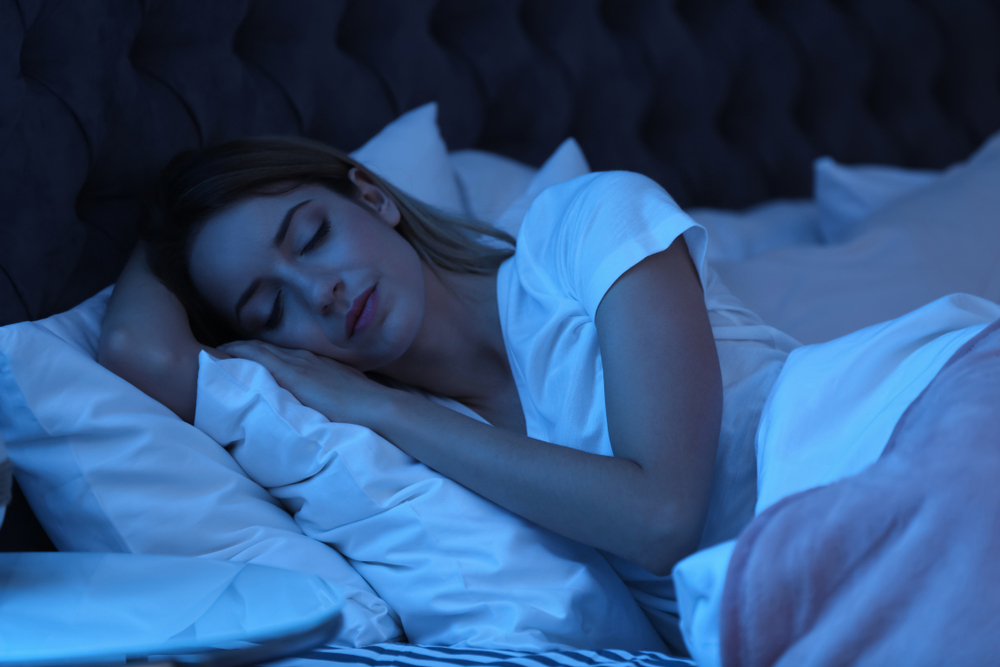
Many of us tend to use our mobile phones right before sleeping, and some even like keeping a night light on. However, light at night is not necessarily a good thing and may actually do more harm than good.
Circadian Rhythms
Before manmade lighting was invented, humans timed work and rest according to their circadian rhythms. Circadian rhythm acts as our internal body clock that regulates the 24-hour cycle of processes, which include patterns of brainwave activity, core body temperature, production of hormones, and cell regeneration among others.
Our circadian rhythm also determines our sleeping patterns. The normal circadian clock is set by the natural light and darkness that occurs in a whole day.
This biological clock of ours is disturbed when we cross time zones during long flights, or taking on night ‘graveyard’ shifts at work. These disruptions cause jet lag, as well as non-specific fatigue, lack of energy, increased susceptibility to illness, weight gain and poor memory.
George Brainard, a neurologist who was one of the first to study the effects of light on the human body’s hormonal changes and circadian rhythms, said that, “Light works as if it’s a drug, except it’s not a drug at all.”
Sleep Hormones
Essentially, our circadian rhythm signals the production of two hormones; namely cortisol and melatonin which are both light-responsive, but work in opposing ways.
Cortisol is released when light appears after a period of darkness and the brain decides that it is time to wake up. Known as the ‘stress hormone’, cortisol affects our sleep, increasing blood sugar and pressure levels as well as our body temperature from our sleeping state.
In the morning, cortisol levels peak at around 8AM which keeps us feeling awake and alert. As the day progresses, it falls gradually and reaches the lowest levels at around 3AM.
Melatonin is sometimes called the ‘Dracula of hormones’ in stark contrast to cortisol, as it is only produced in the dark or, at most, in dimly-lit areas. The presence of natural lighting, like sunlight, or artificial lighting can inhibit the production of melatonin.
Melatonin is released into the bloodstream for about 12 hours throughout the night, until daylight arrives and it becomes barely detectable. Sleeping in pitch black darkness allows your body to release melatonin, lowering blood pressure and glucose levels as well as decreasing your body core temperature. It also controls weight gain by enhancing the metabolism process during sleep.
Sleep Tight
Try to adopt some good sleeping patterns—going to sleep every night at the same time helps you fall asleep faster out of habit. Sleep early too, for it gives your body enough time to generate optimal levels of melatonin.
If you must have a night light, consider switching to a dim red night light as it has the least power to suppress melatonin. Avoid using any electronic device two to three hours before sleep. Finally, bask in as much light as possible during the day as it helps enhance the ability to sleep at night.

A Haywire Clock
What happens should our circadian rhythm go out of balance?
Pre-menstrual Syndrome (PMS). Women with poor sleep habits tend to display frequent occurrences of PMS, the feeling of anxiety, stress, irritability and sadness. Mood swings and food cravings are also associated with low levels of melatonin and disrupted biological clocks.
Weight Gain. Our circadian rhythms prompt us to feel hungry at certain points of the day, thus creating natural breakfast, lunch and dinner timeslots. When they are disrupted, our eating patterns follow suit.
Staying awake causes our conversion of food into energy to be interrupted, decreases the levels of the hormone leptin which restricts food intake and increases the amount of ghrelin, a hormone which triggers hunger.
As a result, sleep-deprived people tend to crave sweet and starchy foods. This increase in high calorie foods leads to abdominal fat and an increased risk of heart disease, stroke and Type II diabetes.
Type II Diabetes. Melatonin decreases glucose levels and regulates insulin, meaning that when melatonin levels drop, cortisol rises in response and in turn increases glucose levels.
Cancer Risk. Melatonin also helps regulate oestrogen production in women. While important, excessive levels of oestrogen produced can spur the growth of cells which increases the risk of cancer. This has led sleep debt or deprivation to be classified as a carcinogen.
Sleep Syndromes/Insomnia. Melatonin is also known as the ‘sleep hormone’ since it is thought to induce sleepiness. Staying up late at night and irregular sleep timings, combined with an exposure to any kind of light when sleeping will cause sleep debt and insufficient melatonin generation.

Lights Out
To reduce the risk of developing those conditions, try to maintain absolute darkness throughout the night until you wake up. Here are some tips on how to create a healthy sleeping environment.
- Put up blackout drapes to block out artificial light at night.
- If light seeps in through the bedroom door, use a towel or rug to block the gaps.
- Replace your LED clock with a conventional one as bright clocks give off blue light which keeps you awake longer.
- Switch off notification previews on your electronic devices during the night.





